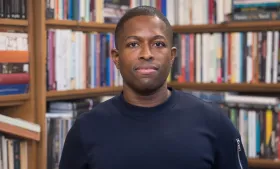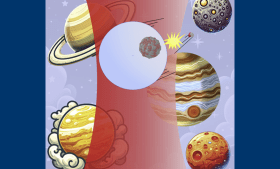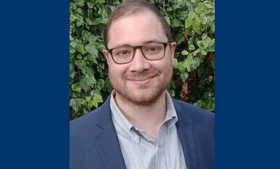News & Stories
The stories of the Faculty of Arts and Sciences: the achievements and activities of our faculty, departments, and programs.
Search & Filter
-
Incoming FAS faculty member Elizabeth Yankovsky blends physics, Earth and planetary sciences, and computer science to model the world’s oceans.

-
Using 25 years of genetic and demographic data, Yale researchers shed light on what causes owl monkeys to leave their parents.

-
Nicholas R. Jones talks about his upcoming book Cervantine Blackness, charting new methodological terrain, and challenging longstanding interpretations of black characters in Miguel de Cervantes’s works.

-
Physicists at Yale’s Wright Lab have pioneered a new method for detecting dark matter, neutrinos, and other elusive particles using a table-top device.

-
FAS faculty member Julián Posada talks about receiving the Just Tech fellowship and writing his upcoming book on the labor practices behind AI.
-
Special software designed, built, and tested at Yale is crucial to the success of the new Simons Observatory in Chile.
-
In a new book, Yale historian Lauren Benton explores the rampant — and seemingly incessant — small wars that shaped imperial power between 1400 and 1900.
-
In a new study, Yale researcher Alison Sweeney found that giant clams in the Western Pacific may be the most efficient solar energy system on the planet.
-
Yale’s Jacob McNulty — a scholar of Hegel, Marcuse, and other European philosophers — explores subjects such as the nature of reality and rational thought, what drives history and politics, and the metaphysical underpinnings of human interaction.

-
Yale climate scientist Alexey Fedorov explains the reasons why experts are predicting a more active Atlantic hurricane season.